The practice of Yoga is now being widely embraced by the West in an endless range of evolving formats, particularly with added movement components. It is therefore very timey that Osho with his razor-sharp insight, respect, and compassion for the individual brings a wider understanding of the potential benefits of Yoga for contemporary people n these talks on the Yoga Sutras of Patanjali.
Patanjali lived around 400BC and although Yoga was already in existence, he was able through his unique combination of logician, poet, and mystic, to present Yoga in a way that could be of help to all. And that continues to be true today.
Osho describes Patanjali as a mathematician of the ultimate poetry; a mystic with a scientific mind, who analyzes and dissects as if in a lab, but his lab is one of the inner being. Patanjali has searched deeply into human energy and devised many techniques; he has found that in order to meditate, the body, mind, and being need to be healthy. His discovery that the body energy becomes whole with the chanting of om, the basic sound of existence, and his findings of the deep connection between breathing and thinking have been of great importance to generations of meditators.
ABOUT THE AUTHOR Osho .
Osho was born in Kuchwada, Madhya Pradesh, on 11 December 1931. Rebellious and independent from childhood, he insisted on experiencing the truth for himself rather than acquiring knowledge and beliefs given by others. He attained 'enlightenment' at 21 and went on to complete his academic studies. He spent several years teaching philosophy at the University of Jabalpur. Meanwhile, he travelled throughout India delivering talks and meeting people from all walks of life. By the 1960s, Osho had begun to develop his unique dynamic meditation techniques. He felt that modern man is so burdened with the archaic traditions of the past as well as the anxieties of modern-day living that he must go through a deep cleansing process before he can hope to discover the thought-less, relaxed state of meditation. In the early 1970s, the West first began to hear of Osho. By 1974, a commune had been established around him in Pune, and the trickle of visitors from the West soon became a flood. Osho spoke of every aspect of life and on the development of human consciousness. Based on his own existential experience rather than on intellectual understanding, he distilled the essence of what is significant to the spiritual quest of contemporary man. Osho left his body on 19 January 1990. His commune in India continues to attract thousands of international visitors who come to participate in its meditation, therapy and creative programmes or to simply experience being in a 'Buddhafield'. Osho's talks have been published in more than 600 volumes and translated into over thirty languages.

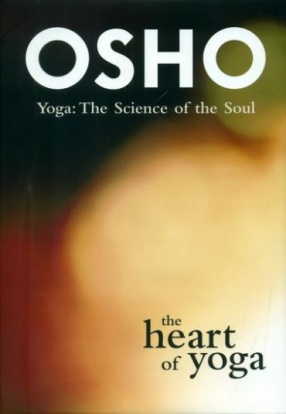
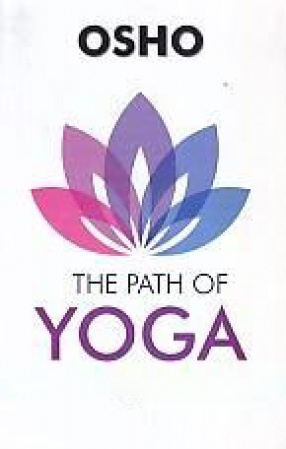
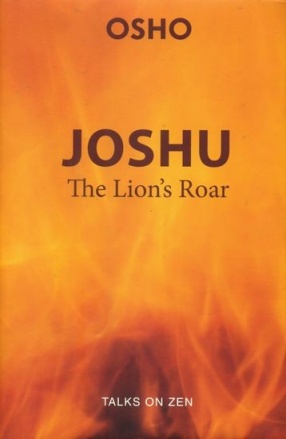
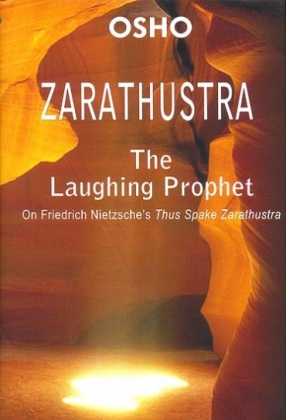

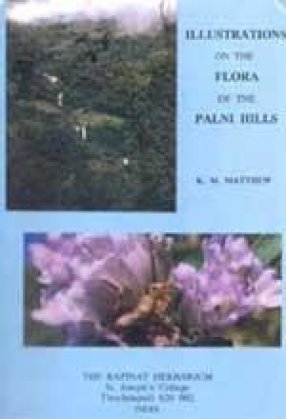
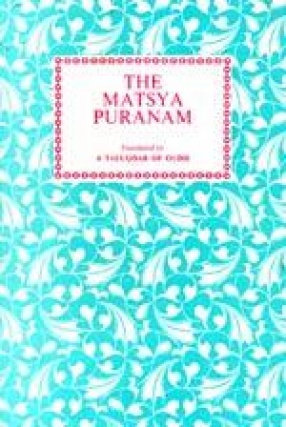
There are no reviews yet.